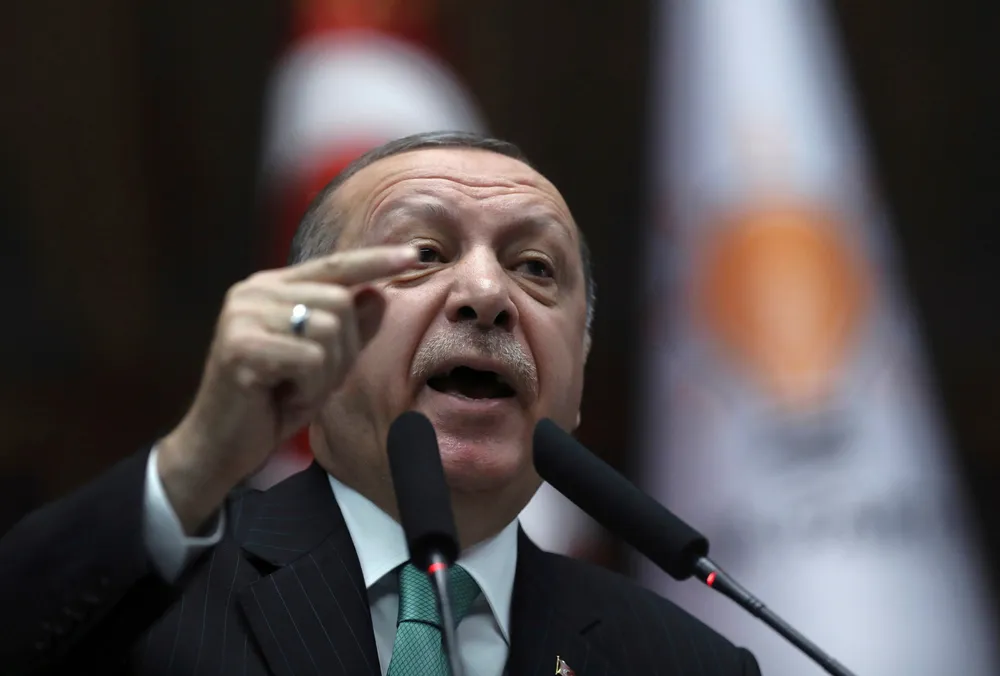Europe's soft energy underbelly an easy target for Turkey
Turkey’s drilling plan raises tensions, but EU must tread carefully to avoid ‘technical issues’ cutting Caspian Sea gas supplies

Turkey’s drilling plan raises tensions, but EU must tread carefully to avoid ‘technical issues’ cutting Caspian Sea gas supplies
